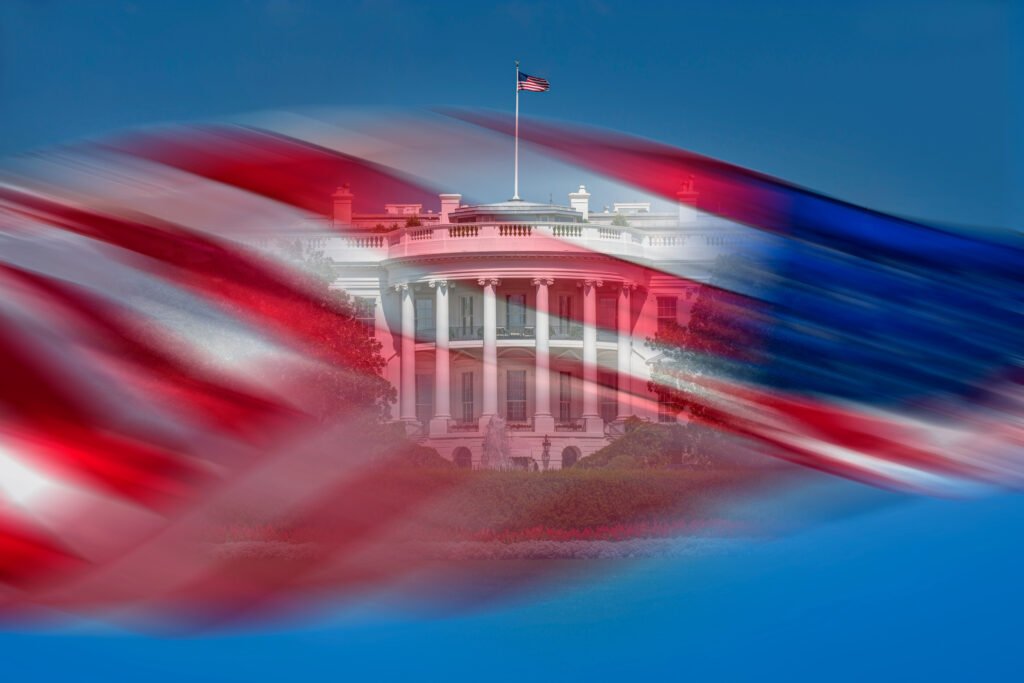President Donald Trump’s commitment to reducing childhood cancer rates through his “Make America Healthy Again” initiative has been met with both applause and skepticism. While he has made promises to address chronic diseases and environmental toxins, recent actions by his administration raise doubts about the sincerity of this agenda.
Despite Trump’s vocal support for the MAHA movement, his administration has implemented policies that could have a detrimental impact on public health. The decision to cut 20,000 full-time positions at the Health and Human Services (HHS) department, along with slashing over $4 billion in health research grants, including studies on Alzheimer’s and cancer treatment, has raised concerns among public health experts.
Furthermore, the proposed GOP plan to potentially reduce Medicaid coverage for millions of Americans contradicts the goal of improving overall health outcomes. Research has shown that access to health insurance plays a crucial role in reducing death rates and providing preventive care for chronic diseases.
The staffing cuts at HHS have particularly affected divisions focused on chronic disease prevention. Agencies like the Centers for Disease Control and Prevention (CDC) have seen significant reductions in personnel, impacting research and public health programs. The elimination of key positions at the National Institutes of Health (NIH) and CDC’s Office on Smoking and Health has also raised alarms among health advocates.
The administration’s focus on restructuring HHS to prioritize food safety, clean water, and environmental toxin elimination may come at the expense of crucial public health programs. While the administration claims that these cuts will make HHS more efficient, critics argue that the reduction in resources will hinder the agency’s ability to respond to existing health challenges and emerging threats.
The decision to withdraw from the World Health Organization and cut funding for international health programs could leave the U.S. vulnerable to global health crises. Infectious disease outbreaks, such as the recent measles outbreak in Texas, highlight the importance of maintaining robust public health infrastructure to respond effectively to health emergencies.
The administration’s cuts to research projects at NIH, including studies on HIV prevention and Alzheimer’s disease, could have long-term implications for public health. These actions undermine Trump’s pledge to drive down cancer rates and improve health outcomes for Americans.
In conclusion, while President Trump’s support for the MAHA agenda is commendable, his administration’s policies and budget cuts raise questions about its commitment to improving public health. It is crucial for policymakers to prioritize investments in public health infrastructure and research to address the growing burden of chronic diseases and emerging health threats.


